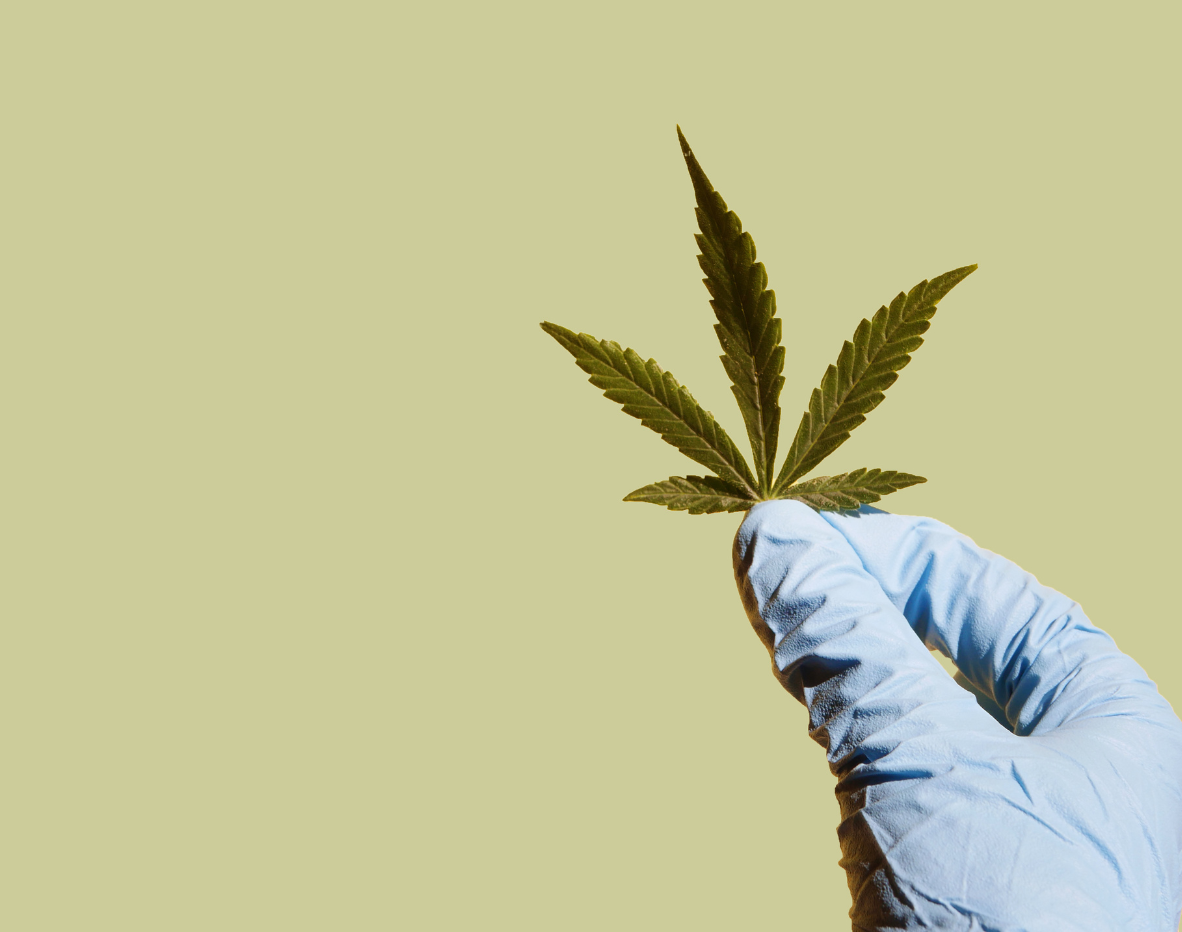CBD vs THC: Understanding the Key Differences (2025 Guide)
Learning the difference between CBD and THC helps you make better choices when picking cannabis products for your specific needs. If you’re considering trying cannabis for recreational or medical reasons, knowing the distinction is very important.
The two cannabinoids, though sounding similar, differ in stimulation, benefits, and more. Therefore, before taking cannabis, whether as an oil, vape, or edible, it’s good to understand these differences to gain the most benefits.
What Are CBD and THC?
Both CBD and THC are well-known cannabis compounds with a similar chemical structure, but their molecules are arranged differently. While THC is the primary psychoactive compound in marijuana, CBD is non-intoxicating.
Both compounds interact with the body’s endocannabinoid system, which regulates pain, sleep, mood, and appetite. THC binds directly to CB1 receptors in the brain, leading to psychoactive effects. CBD, on the other hand, interacts differently without causing intoxication.
CBD: The Non-Intoxicating Compound
CBD products are ideal for consumers who want to enjoy the benefits of cannabis without psychoactive effects.
Types of CBD
- Full-spectrum CBD: Includes all plant compounds, with less than 0.3% THC.
- Broad-spectrum CBD: Includes all plant compounds except THC.
- Isolate CBD: Pure CBD without other compounds.
Benefits of CBD
- More restful sleep
- Reduced discomfort from everyday aches and tension
- A sense of calm and reduced stress
- Help maintaining neurological balance
CBD Consumption Methods
- CBD oils: Ingested sublingually for fast absorption.
- CBD capsules: Tasteless option.
- CBD tinctures: Flavored extracts added to food or drinks.
- CBD creams: Applied topically for targeted relief.
THC: The Psychoactive Component
THC is ideal for consumers seeking psychoactive, therapeutic, and medical benefits from cannabis.
Types of THC
- Delta-9 THC: Main form responsible for the "high."
- Delta-8 & Delta-10 THC: Milder psychoactive alternatives.
- THCA: Non-psychoactive until heated.
- THCP: A potent cannabinoid under research.
Benefits of THC
- Chronic pain relief
- Stimulating appetite
- Relieving muscle spasms
THC Consumption Methods
- Flower: Traditional smoking method.
- Edibles: Long-lasting effects through food products.
- Concentrates: High-potency extracts.
- THC tinctures: Liquid extracts taken sublingually.
- Topicals: Applied to skin for localized relief.
Key Differences Between CBD and THC
| Feature | CBD | THC |
|---|---|---|
| Psychoactive effects | Does not produce a "high" | Causes a "high" |
| Potential benefits | Reduces anxiety, inflammation, seizures, pain; improves mood and sleep | Reduces pain, nausea; stimulates appetite |
| Side effects and risks | Dry mouth, drowsiness, lightheadedness, low blood pressure | Dry mouth, increased heart rate, dizziness, anxiety, memory issues |
Choosing Between CBD and THC: A Quick Guide
- Assess your goals: CBD for non-intoxicating benefits; THC for stronger pain relief.
- Consider legal implications: CBD is widely legal; THC legality varies by state.
- Think about drug testing: THC may trigger positive tests; choose CBD isolate if concerned.
- Start with low doses: Begin with small amounts to gauge reactions.
- Consult your doctor: Especially important if you have medical conditions or take medications.
Legal Status in the USA
In the USA, cannabis is legal in 39 states for medical use and 24 for recreational purposes. CBD derived from hemp (< 0.3% THC) is federally legal, while THC legality depends on individual state laws.
Conclusion
THC and CBD offer similar benefits, but only THC produces a "high." Always examine your options carefully to consume responsibly and choose products suited to your lifestyle and goals.
Looking for premium cannabis products? Browse our online shop for top-rated selections crafted with care!





